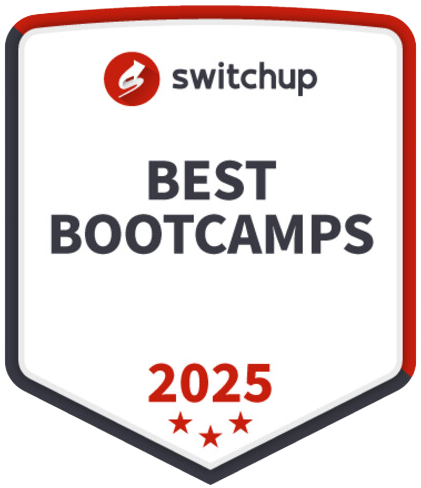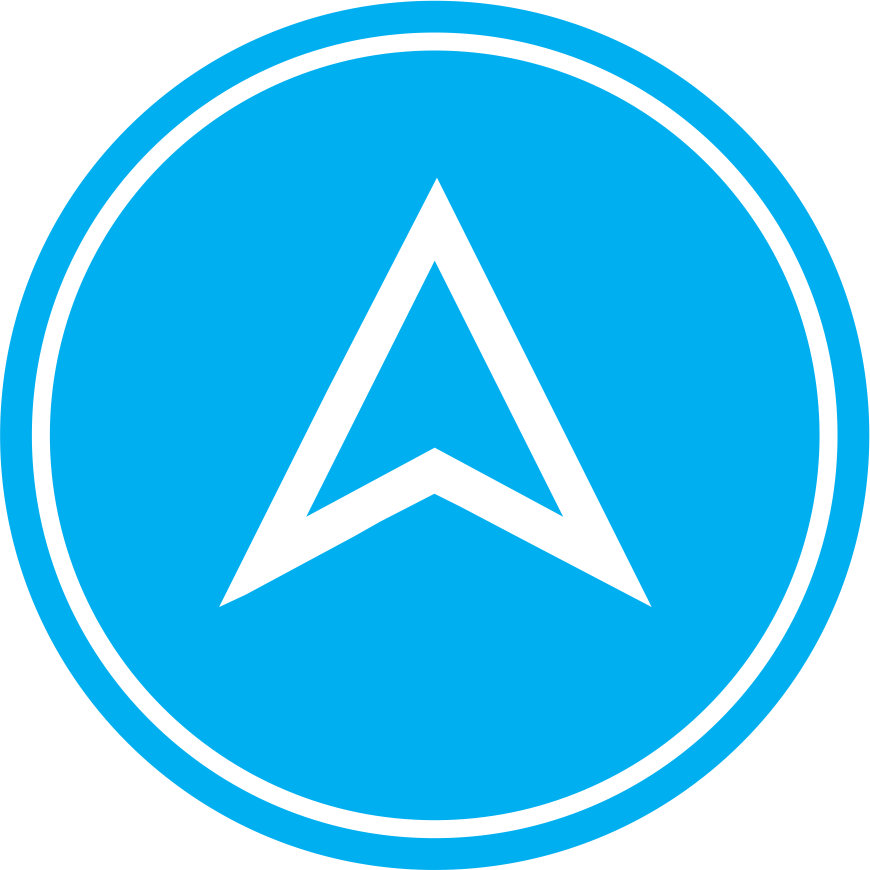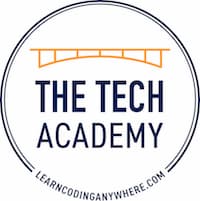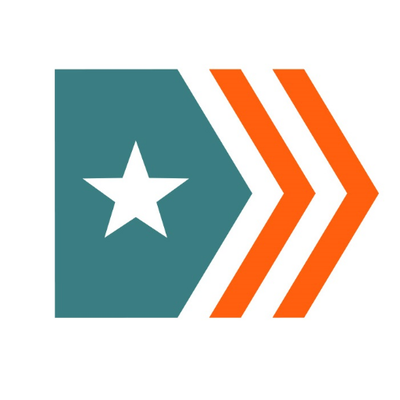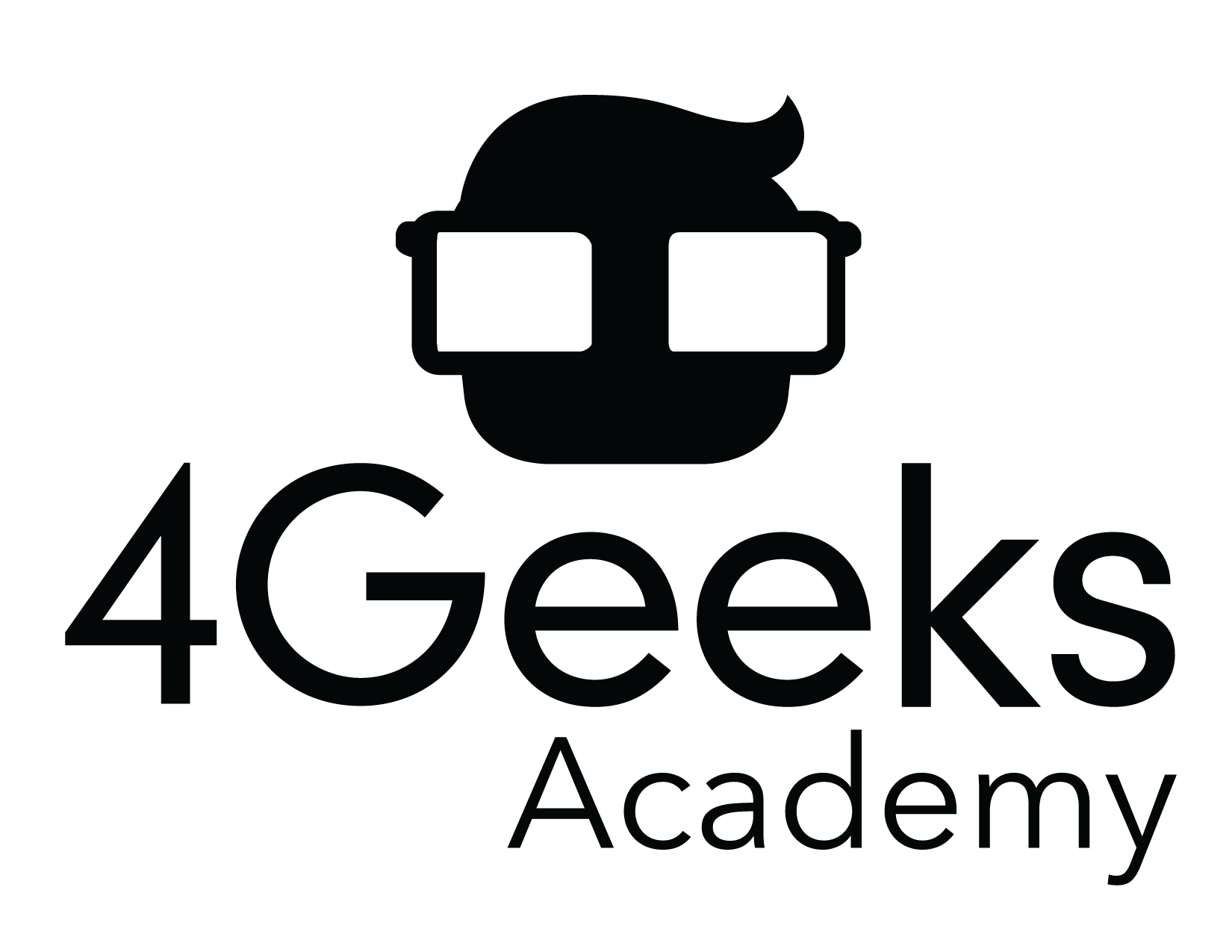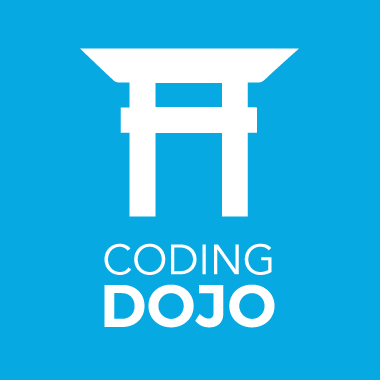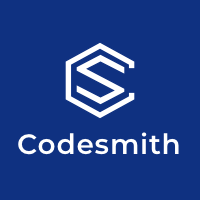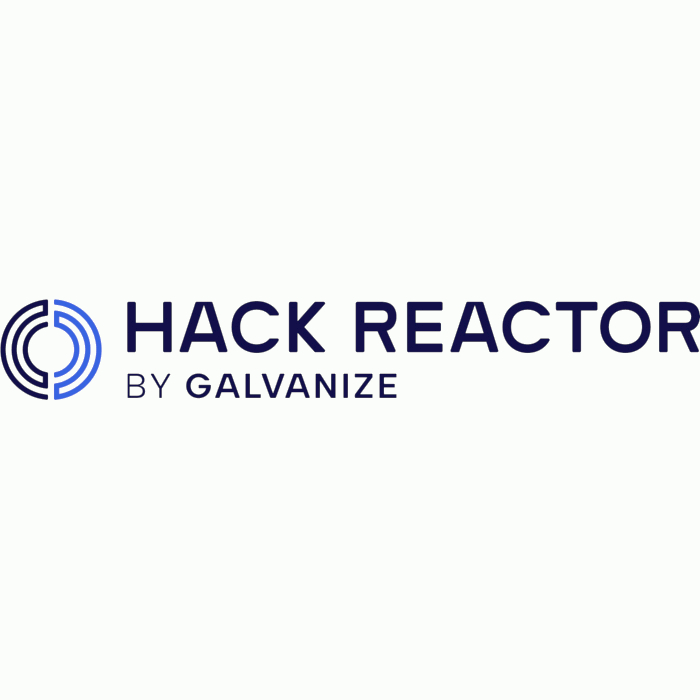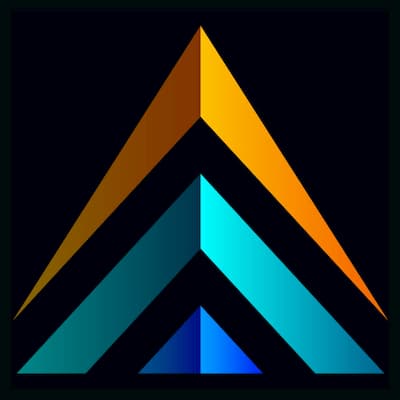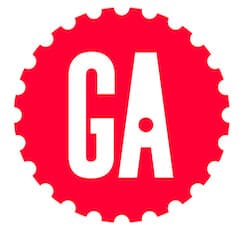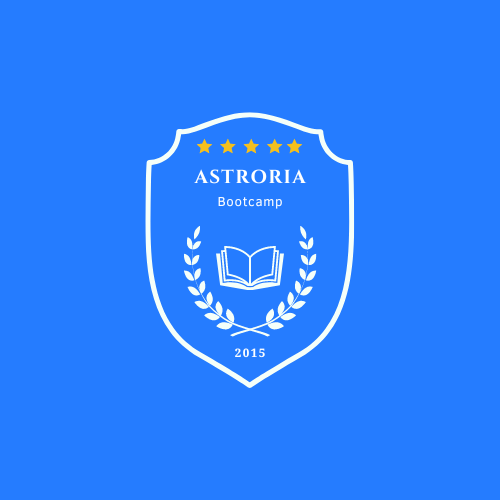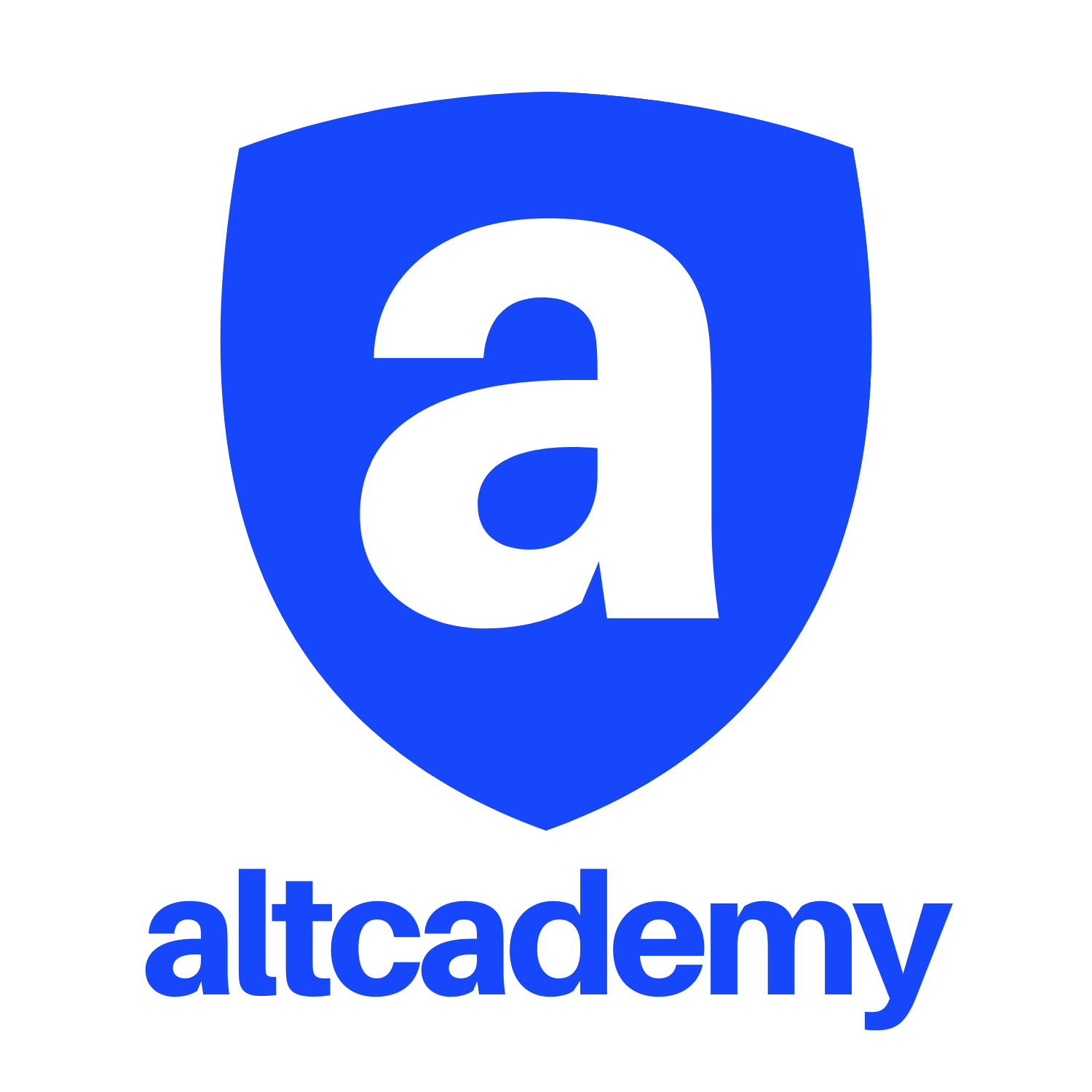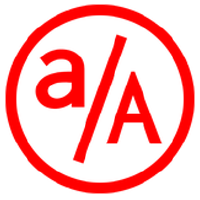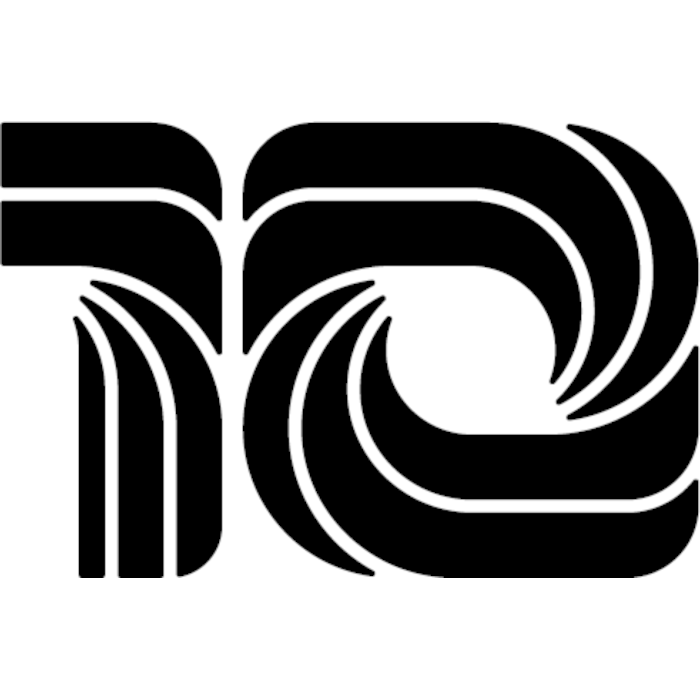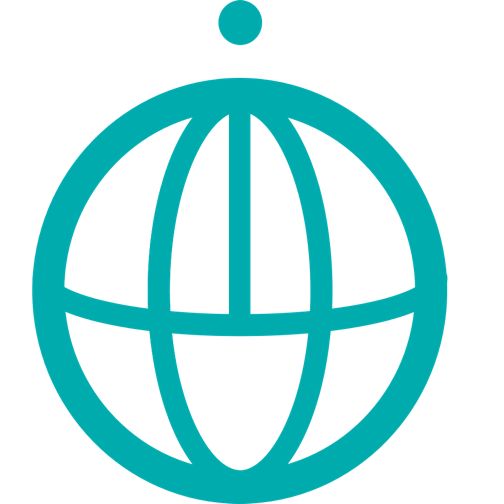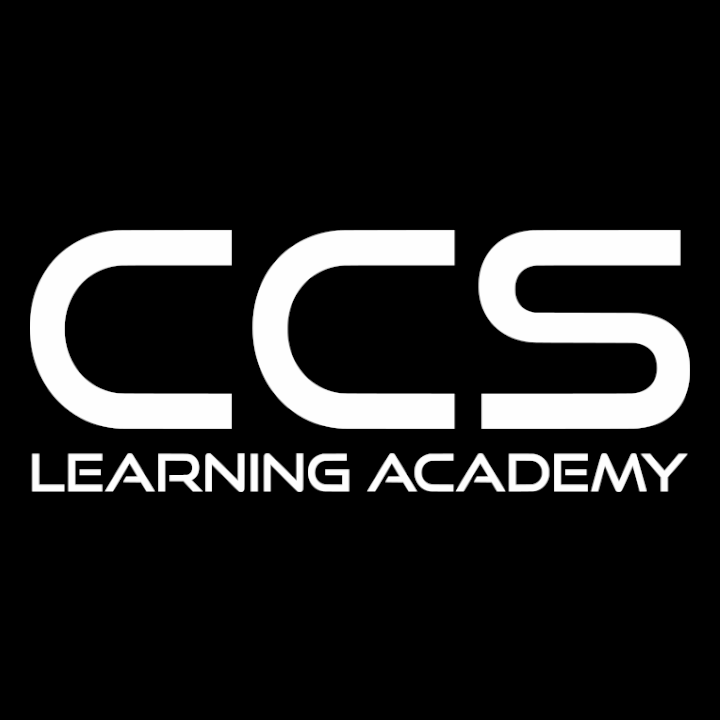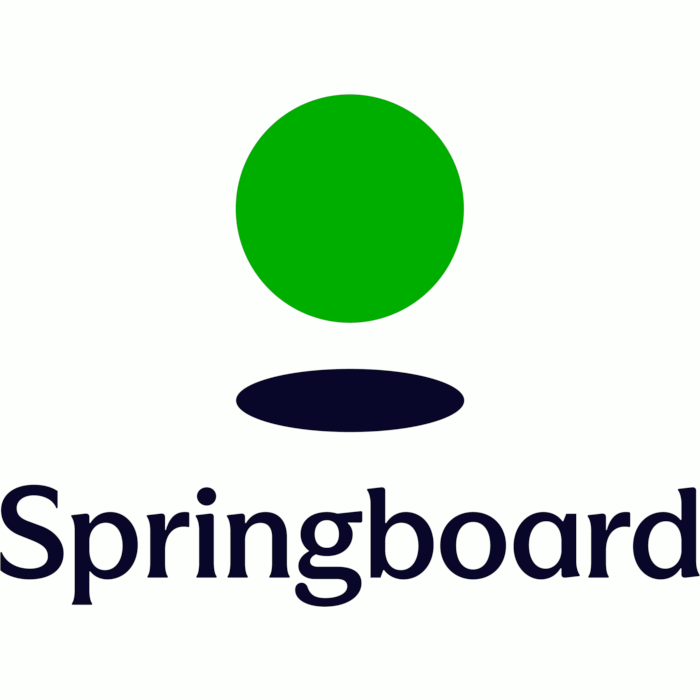2025 Best Coding Bootcamps
Coding bootcamps offer accelerated training programs for people looking to start a career in the technology sector. Not everyone wants to invest the time and money needed to get a traditional 4-year degree, and not all tech jobs require them. In fact, many coding bootcamp programs offer the practical skill-building needed for a career pivot in a much shorter timeline.
For over ten years, SwitchUp has been a trusted source for people researching and deciding on their ideal coding bootcamp. Since 2013, over 43,000 bootcamp alumni have shared their experiences by leaving a review on Switchup. Check out bootcamp reviews to learn from real students' insights on a variety of topics including the quality of curriculum, instruction, job support, and much more. If you're trying to assess which coding bootcamp is best, don't miss SwitchUp's list of the top 26 bootcamps that were judged to be a cut above the rest.
To determine this updated list of the top coding bootcamps for 2025, researchers on the SwitchUp team evaluated 70 different bootcamps that had accrued a sizeable body of recent feedback from alumni.
All featured bootcamps meet the following criteria:
- Have an overall review average greater than 4.25 out of 5 based on at least 75 reviews published since 2020
- Have at least one U.S. campus OR be U.S.-based if they operate an online-only program
Our methodology also gives special consideration to those coding bootcamps that demonstrate a commitment to flexible learning environments by offering both online and in-person options.
Location: Online, Cleveland +1 More
Courses: Java Coding Bootcamp
"At TE, I found the curriculum to be an excellent foundation for an entry-level engineer. The instructors and staff were consistently accessible, offering substantial support with coursework and real-world coding projects. [...] TE's commitment extended beyond the curriculum, with consistent personal follow-ups and a surprising level of dedication, exemplified by my Pathway director's presence on my first day at my new job."
Location: Online, Portland
Courses: Full-Time Software Developer Boot Camp +4 More
"I learned so much during my time with the Tech Academy. They start out covering computer fundamentals and terminology, and end with building real programs! [...] I felt supported the whole way through. I went from knowing nothing about computer programming to having full stack knowledge! "
Location: Online, Chicago
Courses: Full-Stack Software Engineering: Immersive
"Code Platoon goes above just teaching you software development, it helps prepare you for interviews, working with co-workers and is great at helping you find your first job after graduation. [...] Highly recommended for anyone thinking about going into software development!"
Why Trust Our Rankings?
Ratings Based on over 25k Student Reviews
Annual Rankings Since 2014
What Is a Coding Bootcamp?
Coding bootcamps are concentrated technical education programs that teach technical computer skills in a short amount of time. They can help build practical and professional knowledge to enable students to either pivot careers or improve their marketability in their current fields.
Coding bootcamps are concentrated technical education programs that teach technical computer skills in a short amount of time.
There are bootcamps for many subjects ranging from cloud computing and data analytics to artificial intelligence. A bootcamp can be a more affordable alternative to a bachelor's degree in computer science or a related major.
The average bootcamp program length is three to six months, but they can last up to a year. Full-time programs take less time because students spend more time in class each week. Web development is the most popular subject of study at bootcamps, followed by data science and software design.
The COVID-19 pandemic led to increased interest in remote upskilling, and schools responded by offering more fully online coding bootcamps. Many online coding bootcamps are designed for asynchronous learning so that students can sign in at their convenience to complete coursework.
Choosing and Applying to a Bootcamp
You need to consider several factors when researching coding bootcamp options. We've listed a few of these factors below, but it's up to you to decide how heavily to weigh them when making a decision.
How Do You Choose a Coding Bootcamp?
Prospective students need to consider several factors when researching their coding bootcamp options. We've listed a few of these factors below, but it's up to each individual to decide how heavily to weigh them when making a decision.
Where Do I Want to Work, and What Do I Want to Do?
Do you have a passion for startups, or do you dream of working for an international tech powerhouse? Make a list of target employers and ideal jobs, then look for those terms as you read through SwitchUp's student reviews of bootcamps. Some bootcamps may feed more graduates to positions at particular companies, and some may not offer a program that teaches the particular job functions you want to perform.
You can also read reports from the Council on Integrity in Results Reporting (CIRR), which publishes completion and employment data for partner bootcamps. We've put together a list of the best CIRR Bootcamps for students to review.
How Do I Want to Study?
You may have the resources to pursue a full-time program for three months. But you might instead need to work during the day and reserve nights and weekends to gain coding experience. Research part-time versus full-time coding bootcamps and online versus in-person coding bootcamps. If you prefer to study on a campus, you're limited to bootcamps near your home.
Will the Bootcamp Help Me Once I Graduate?
It may not be possible to immediately land a job with your top employer, but a good bootcamp should help you pursue opportunities elsewhere. Read through our student reviews and note each institution's Job Support Score for whether reviewers found the bootcamp's career coaching helpful. Also, note any examples of extra care that career services personnel gave to individual students.
We've put together a guide to choosing a bootcamp that provides more information on this topic. You may also find it helpful to use our Get Matched tool. Based on the information you give in this tool, we match you with a highly-rated bootcamp that will reach out to answer your questions and try to meet your needs.
How to Apply to a Bootcamp
Once you've decided where to attend, it's time to apply. Most applications begin by filling out an online form that's unique to each bootcamp. More selective programs also require at least one interview, a coding assessment or demonstration, and preparatory coursework.
The interview usually covers your prior experience, future career goals, and enthusiasm for learning technical skills. Interviewers also try to determine how well you'll fit into the bootcamp's culture.
The assessment gives you a chance to demonstrate your technical knowledge by solving problems or creating applications in a given coding language. Tests are usually done live in the presence of a proctor. An admissions officer might also ask you to prepare coding samples in advance.
A bootcamp's preparatory coursework introduces you to the program's teaching style, learning outcomes, and technical requirements. Because bootcamps pack a lot of material into a short period of time, instructors need to make sure that students have a base level of understanding.
Admissions counselors genuinely want every bootcamp graduate to succeed, so they only accept those candidates who seem to have the desire and stamina to complete a program. You may be interested in our 6 Tips for Getting into a Top Coding Bootcamp for more valuable ideas.
Bootcamp Specializations
Bootcamps offer a large variety of possible subjects to study. Read through some of the possibilities below if you're not set on a particular field yet.
Data science is the study of gathering data to suit the needs of decision makers. There are several online data science bootcamps that provide more flexible study options.
UX/UI design bootcamps teach methods for creating enjoyable web experiences for users. You can join an online UX/UI design program if you'd prefer remote work.
Product management bootcamps teach business skills and knowledge so students can work with technical products such as software or cloud storage plans. Some bootcamps feature fully online product management programs.
Cybersecurity is a popular subject because tech professionals build security into every step of the design and development process. You can find many online cybersecurity bootcamps with no in-person requirements.
Digital marketing is another business-focused subject in which students learn to interest people in technical products and services. Online digital marketing bootcamps feature the same coursework in a virtual setting.
Data analytics is the interpretation and presentation of data collected by data scientists.
Online data analytics bootcamps are a fairly common avenue for students to pursue.
Web development involves creating sites and apps. Web development is broader than UX/UI and may involve back-end features that are hidden from users.
Software development refers to several distinct tasks that make up software creation. These tasks include software architecture, software quality assurance, and software testing.
Full-stack development is the ability to work on both user-facing and under-the-hood programming for websites, software, or other applications.
Graphic design work applies art to technology. Designers might help make websites, apps, emails, games, or streaming content more visually appealing.
Python is a programming language used in many kinds of development, so fluency with Python can be useful in a range of careers.
SQL is a programming language most commonly used in back-end development for web and software applications. Full-stack developers may also need to know it for their jobs.
Java is another very common general-purpose language. Software, web, and game developers all typically use Java.
JavaScript is a popular scripting language, or a type of programming language that works well in conjunction with other languages.
Bootcamps for kids introduce young minds to basic coding concepts. They're usually shorter than adult versions and often operate during summer breaks from school.
How Much Do Coding Bootcamps Cost?
Coding bootcamp fees vary, but they typically cost about 10% of what students would pay for a traditional four-year degree. Most bootcamps are full time. It's difficult to work a full-time job while studying, so you'll need to budget carefully before making any decisions.
You can't qualify for federal or state financial aid as a bootcamp student. But you can pursue limited coding bootcamp scholarships or find a school that accepts the GI Bill® if you're eligible.
Some bootcamps also offer income share agreements (ISAs). Under an ISA, you pay an initial deposit and agree to a fixed monthly payment plan once you secure work that pays above a certain amount. The virtue of this arrangement is that you don't owe interest on the deferred tuition payments.
Source: NCES and internal data on coding bootcamp tuition
The average cost of a four-year degree is nearly $87,000, based on undergraduate tuition and fees for the 2020-21 school year. Coding bootcamps are usually more affordable, with an average tuition of $12,000 for programs in the U.S. that take at least three months to complete.
You may be interested in reviewing our lists of free online coding bootcamps or the most affordable coding bootcamps if the price tag seems too steep.
Coding Bootcamp Careers
Each bootcamp focuses on a narrow field of study. Therefore, your bootcamp's subject might largely determine which jobs you can get after completing a bootcamp.
We've included some common technical careers below. All salary and job outlook data comes from the Bureau of Labor Statistics (BLS).
Computer Systems Analysts
Computer systems analysts work to improve the technical capabilities of their employers' systems. They analyze networks, hardware, software, and databases to suggest upgrades and reconfigurations.
Data Scientists
Data scientists design tools to collect data for their employers. They need to understand the needs of decision makers and how to use machine learning to gather and test data validity. This occupation is growing much faster than the U.S. average for the 2021-2031 period (5%).
Information Security Analysts
Information security analysts are cybersecurity experts who protect their employers' networks, databases, and products. These professionals work in most industries because the world is so thoroughly networked. Because of this, information security is growing almost as fast as data science.
Software Developers, Quality Assurance Analysts, and Testers
Software developers, quality assurance analysts, and testers each handle a different part of the software development life cycle. You might improve your chances of finding this work by attending a bootcamp in software architecture, software quality assurance, or software testing.
Web Developers and Digital Designers
Web developers and digital designers build and test websites and apps. Some of them are user experience (UX) specialists who think about the best ways to guide users through all of a site's pages. Others are experts in user interface (UI) design and create appealing and easy-to-use ways to interact with websites.
Are Coding Bootcamps Worth It?
Yes, investing in a coding bootcamp is usually worth the cost.
SwitchUp's research found that a similar overall percentage of bootcamp alumni found jobs with the Big Five tech companies — Google, Apple, Facebook, Amazon, and Microsoft — as graduates of technical degree programs at traditional colleges.
Employers beyond the Big Five also hire bootcamp graduates. The CIRR posts hiring data about bootcamp graduates and found similar findings among their partner bootcamps.
However, there are potential downsides to attending a coding bootcamp.
Bootcamps lack the broad scope provided by a four-year degree. Bachelor's degrees contain general education courses to encourage a well-rounded education. Students can also add a second major or a minor to their main course of study during college. The intense focus of bootcamps leaves little to no time to explore other avenues that may teach or reinforce important soft skills such as critical thinking and effective writing.
Another potential drawback is the employment outlook:
The BLS notes a healthy 15% job growth projection through 2031 for computer and information technology occupations in general. But not all of these occupations are growing. In fact, computer programmers are facing a job loss of 10% in the coming years, largely due to automation and outsourcing. Research hiring trends in the job market to make sure your desired skill set matches employer needs.
Still unsure? Read Are Coding Bootcamps Worth It? for a more comprehensive take.
FAQs About Coding Bootcamps
How Long Are Coding Bootcamps?
Coding bootcamps average 3-6 months in length for full-time students. But they can last up to a year at some schools, depending on the subject. Part-time learners may take twice as long to finish their programs.
How Hard Is a Coding Bootcamp?
Most students find coding bootcamps challenging. These programs pack a lot of learning into a compressed period. Much of the material is unfamiliar because many bootcamp students are learning new skills as part of a planned career change. But instructors are there to help, and programs often have tutoring and mentorship opportunities built in.
Are Coding Bootcamps Accredited?
Coding bootcamps operate outside of the U.S. Department of Education's accreditation system for postsecondary education. It can therefore be hard to make sure you're enrolling at a high-quality institution. The CIRR bills itself as a reliable alternative and holds partner institutions to a set of standards, but bootcamps aren't required to opt in to this organization.
Be sure to read coding bootcamp reviews on our site for any bootcamps you're interested in. You can often find real students' experiences with a bootcamp's instruction, payment system, and career services, which might include a job guarantee program.
Are Coding Bootcamps for Beginners?
Many schools design coding bootcamps for beginners with no previous coding or technology experience. They often have some admissions criteria that mainly include general aptitude tests rather than specific technical skills. Online and part-time coding bootcamps tend to have fewer skill requirements for admission.
However, prospective applicants may want to get a taste of what coding is like before committing. A number of services provide free introductory coding courses in which students can learn some of the basic terminology and functions of computer code. A school might also require you to complete a preparatory course for little or no cost to make sure you can handle the rigors of a particular bootcamp.
GI Bill® is a registered trademark of the U.S. Department of Veterans Affairs (VA). More information about education benefits offered by the VA is available at the official U.S. government Web site at https://www.benefits.va.gov/gibill.

